Lithium is commonly prescribed for mood disorders. Research out of Canada’s McGill University has found that microdoses of the supplement — 400 times lower than doses used for serious psychiatric conditions — can stop the buildup of brain plaques that trigger Alzheimer’s disease and other brain disorders, without side effects. Plus, it can restore some lost brain function. “Low-dose lithium may be the key intervention to prevent cognitive decline,” says psychiatrist James Greenblatt, MD, who suggests 5 mg. to 20 mg. of lithium orotate daily. (Quote originally posted in First for Women in January 2022.)
Benefits of Lithium Orotate: A Nutritional Approach to Brain Health
Lithium orotate—a salt of lithium bound to orotic acid—is gaining renewed interest as a low-dose, nutrition-based approach to supporting mental health and brain resilience. Unlike traditional high-dose lithium therapy typically used for bipolar disorder, this form is often touted for its gentler profile and possible broader benefits.
Nutritional Lithium: More Than Just a Mood Stabilizer
- Trace Mineral Role: Lithium is naturally present in food and water, with animal studies suggesting that inadequate intake may impair reproductive functions, lifespan, and lipid metabolism. Though human research is limited, lithium may play a more vital role in neurophysiology than previously thought.
- Brain Protection & Mood Regulation: Low-dose lithium orotate appears to support emotional balance, reduce aggression, improve cognitive performance, and enhance longevity—all without the toxicity risks associated with higher pharmaceutical doses.
Cognitive Health and Dementia Prevention
- Alzheimer’s Disease and Dementia: Research indicates that even very low doses of lithium may slow cognitive decline, with studies showing a reduced risk for dementia among lithium users.
- Mechanistic Insights: Lithium suppresses GSK-3, a kinase implicated in Alzheimer’s pathology, and promotes neurotrophic support (e.g., BDNF), resulting in increased neuron protection and gray matter volume.
- Breakthrough in Preclinical Research: A recent Harvard study found that small-dose lithium orotate reversed Alzheimer’s symptoms in mice, improving synaptic integrity, myelination, and microglial function—raising hopes for future human trials.
Support for ADHD, Mood, Addiction, and Behavior
- ADHD and Emotional Reactivity: Low-dose lithium appears to balance key neurotransmitters—boosting serotonin and dopamine, reducing damaging glutamate, and improving MAO enzyme function—helping curb aggression and impulsivity in children and adults with ADHD.
- Addiction and Maintenance Therapy: In addiction centers, low-dose lithium interventions have shown promise in reducing impulsivity and supporting recovery, aiding patients in breaking the cycle of addiction.
Anxiety Reduction & Mood Resilience
- Anxiety Relief in Bipolar Depression: In clinical settings, low-dose lithium has delivered significant anxiety reduction, with a number of patients reaching full remission during short-term trials.
- Population-Level Findings: Areas with higher natural lithium in water supply consistently report lower rates of suicide, aggression, and anxiety—highlighting lithium’s potential as a protective environmental factor..
Inflammation and Gut Health
- Anti-Inflammatory Effects: Lithium is known to reduce inflammatory markers like CRP, COX-2, PGE-2, and TNF-α, particularly in the nervous system, which may indirectly support brain health.
- Gastrointestinal Benefits: By modulating GSK-3β, lithium may help repair gut lining and improve barrier integrity, showing promise in conditions like graft-versus-host disease and intestinal inflammation.
Low-dose lithium—particularly in the form of lithium orotate—represents a potentially transformative, adjunctive approach to mental and cognitive health. Its wide-ranging benefits span from neuroprotection and mood stabilization to anxiety relief and gut support. Learn more about low dose lithium.
FREE webinar on October 21st! Join Dr. Greenblatt to learn how low dose lithium can improve addiction treatment outcomes.
Want to accelerate your career in mental health care?
Check out our educational trainings, all designed to empower you with cutting-edge treatment tools and the skills to enhance your practice. You’ll gain a deeper understanding of the root causes of mental health issues, helping you provide more comprehensive, effective and whole-person care for your patients.


